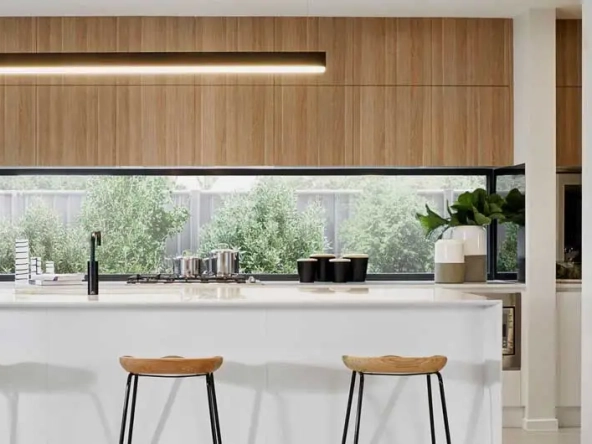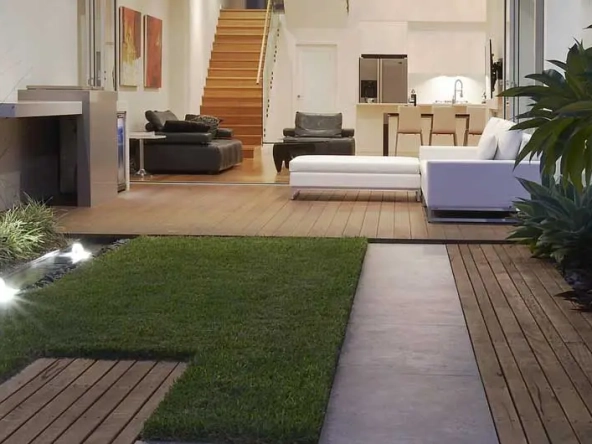How To Choose a Neighborhood
How To Choose The Neighborhood When Buying a Home
Location is everything when you’re searching for a home. Finding your dream neighborhood may seem like the easiest part, but once you factor in budget, non-negotiable home features, and proximity to the things you can’t live without, it may be less obvious where you should live. When it comes to searching for a new neighborhood, here’s what you need to know.
Property Taxes
Property taxes can play a huge role in your overall cost of living. To get a sense of what your property taxes might look like in a particular county, check out this simple property tax map. Also, property taxes for specific homes are typically included in online property listings.
What to consider: How much will my property taxes be?
Safety and Crime
Before you sign on the dotted line, search sites like City-Data.com and CrimeReports to get a sense of the safety level of a particular neighborhood. As with all homebuying decisions, determining what level of crime you feel safe with is all part of the process of choosing a neighborhood.
Your real estate agent can guide you to various resources to help you answer questions about the neighborhood, but can’t voice an opinion about it per the Fair Housing Act. The act aims to provide equal access to housing for all groups of people and to protect against discrimination.
What to consider:
- What is the crime rate in this particular neighborhood? How about the neighborhood next door?
- What level of crime do I feel comfortable with?
Topography and Geography
Land geography can play a role in costs — especially if you’re overlooking a scenic vista or you’re right by the water. On the flipside, look out for flood zones or other danger-prone areas when making a decision.
What to consider:
- Do I need special insurance in addition to homeowners insurance?
- Is this property in a flood zone?
Property Value
If there have been some sales recently, then you can get a better idea of the potential value of the homes in the neighborhood. Typically, homes of the same type in the same location will sell within a few thousand dollars of each other. When looking at homes, your agent will pull listings of comparable properties, or comps, to see what other similar homes sold for so you can see if the home you’re interested in is priced correctly.
Question(s) to ask:
- What are the comps in this area?
- What’s the projected growth rate for this area?
School Zones
School zones come to mind when thinking of location, especially if you have children (or plan to have them soon), as they tend to affect home values. If schools are important to you, evaluate the schools in your neighborhood and which homes fall into which district. Additionally, there may be community centers or parks that increase the value of the neighborhood.
What to consider:
- What school would my child attend if we moved here?
- Are there parks or community centers in this area?
Using these factors as a guide for finding the right neighborhood can help you evaluate what you care about and make the decision that’s right for you.
Mortgage Calculator
- Principal Amount:
- Years:
- Balance Payable With Interest:
- Total With Down Payment:




